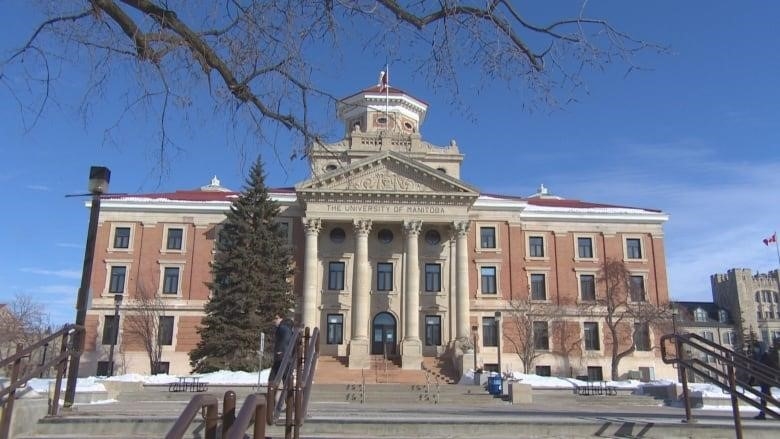
There were 380 cases of improper collaboration, the most in five years
A new report shows that the number of cases of academic misconduct at the University of Manitoba is still much higher than it was before the pandemic. Inappropriate collaboration has reached its highest level in five years.
In 2021–22, there were 1,127 cases of academic dishonesty. According to the university discipline committee’s annual report, which covers the period from Sept. 1, 2021, to Aug. 31, 2022, that’s down from 1,147 in 2020–21 but up from 706 in 2018–19, which was before the pandemic.
Last year, there were 31,067 students at the university. In 2020–21, there will be 31,020 students, and in 2018–19, there will be 29,620.
“The return to in-person learning and changes to assessment strategies may have decreased the chances of misconduct,” said the report, which also said that 57 incidents from last year haven’t been solved yet.
But there was a rise in what is called “inappropriate collaboration,” which is when students work with others when they should be working alone. In 2021–22, there were 380 cases of inappropriate collaboration, up from 132 the year before and the most in five years.
According to the discipline report, students who worked together without permission could get a zero on an assignment, fail a course, have their program temporarily suspended, and have a note put on their transcript.
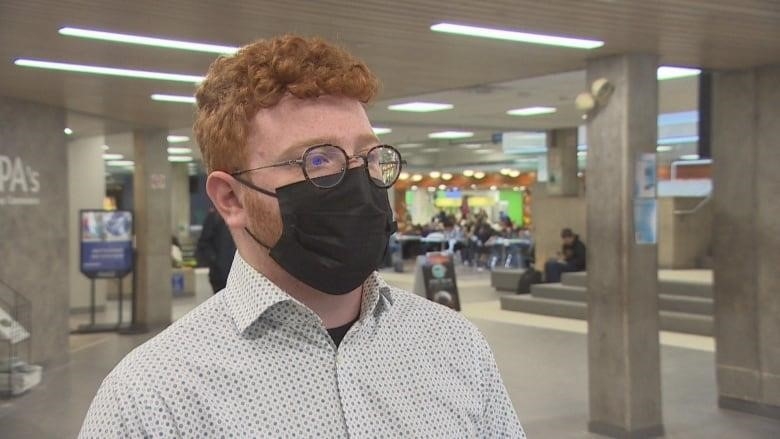
The president of the University of Manitoba Students’ Union, Jaron Rykiss, said Friday that a zero on an assignment or an automatic fail is not fair to students.
“People don’t understand what’s going on.” “There’s no reason to think that the number of people who cheat on their schoolwork from year to year will change or shift,” Rykiss said. “But it does show that there is a problem that hasn’t always been dealt with the right way.”
He thinks that the school needs to work with the students and that it is very important for them to have a support system in place if they are working together in a bad way.
Rykiss said, “There are a lot of questions that come up, and I think that a fixed definition would help solve these problems.”
Sheryl Zelenitsky, who is in charge of the school’s discipline committee, said that the school will do whatever it takes to maintain academic integrity.
At the university, the discipline committee has the last word on academic appeals.
She said that stress and a pandemic were not reasons to take short cuts.
Even though the penalties can be different, Zelenitsky said that the severity of the punishments is always the same and matches the offenses.
She wants to know what the numbers for academic misconduct will be for the current school year.
Zelenitsky said, “It will give us a better idea of how the face-to-face part stops some of the bad behavior we saw during the pandemic.”
During the pandemic, there was a rise in cheating and plagiarism
The report also says that there were 675 cases of cheating in the 2019–20 school year, which is a big jump from the 93 cases in the previous year. Plagiarism also went up three years in a row, from 214 cases in the 2017–18 school year to 470 cases by the end of the 2020–21 school year.
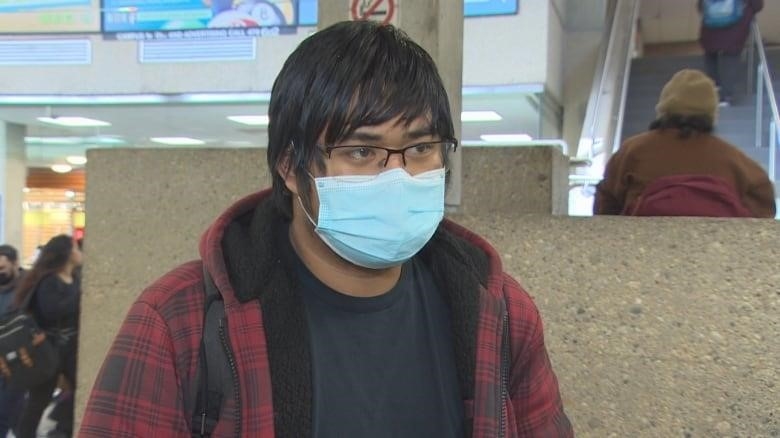
Lex Salangyt, a second-year student, wasn’t surprised to hear that cheating and plagiarism had gotten worse during the pandemic.
“Most people have more access, and it’s easier to get away with this because everything is virtual now,” Salangyt said. “At that time, they can’t really tell if someone is cheating or not.”
During the 2021–22 school year, the number of cheaters and plagiarists dropped to 365 and 358, respectively.
“If you want to be successful, you have to know what you’re doing,” Salangyt said. “So if you take the easy way out, it doesn’t really help you or anyone else.”
Rayid Mahmoud, another student, agreed.
“Each of us has to do our own work,” he said. “There’s no one else you have to work with.” If you do that, you’re kind of cheating.”
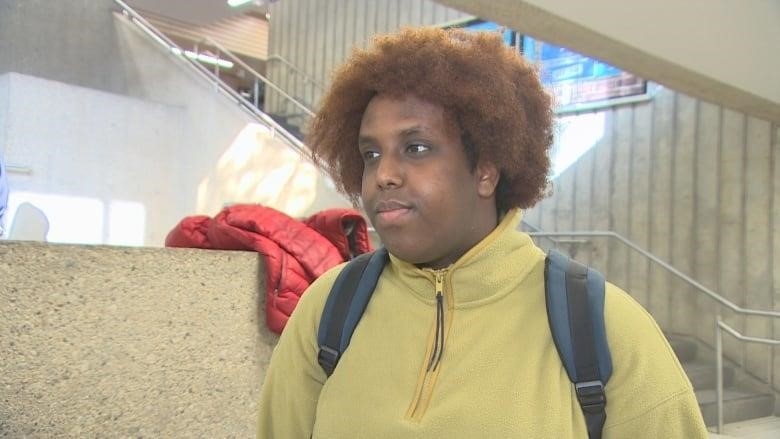
Since he had trouble and stress with virtual learning in high school, he isn’t surprised that students are cheating more in school.
Mahmoud doesn’t think the university’s rules are clear enough, especially for first-year students like himself, and he doesn’t think all students break the rules on purpose.
He said, “There may be a reason why they cheat, but it’s not something they choose to do.”
Heaven McPherson, a student in nursing, agreed.
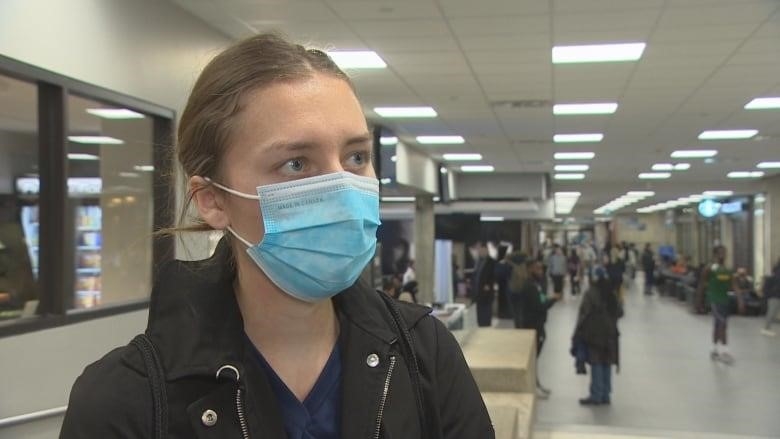
“Each person needs to be ready for…” “I don’t think the students realize that right now,” she said. “They only want to help each other right now, and they don’t care about the future.”
She also said that she thinks some students just don’t care and choose to break the rules no matter what the consequences are.
